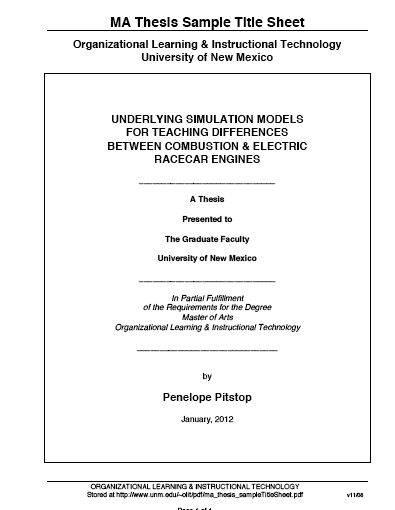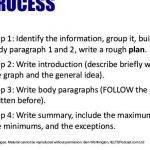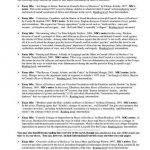1. Problem. The methodology typically follows your literature review, so for the purposes of clarity and regaining focus it is useful briefly to recap the central research questions of your dissertation. Define and explain the problems which you seek to address.
2. Approach. Give an overview of your approach to primary research in order to guide the reader and contextualise your methodology. By identifying all methodological aspects to which to will attend – rationale, justification, sampling issues, etc. – you can signal unambiguously to the reader that you fully understand the implications of thorough, astute methodology.
3. Reproducibility. The ability to reproduce the results of an experiment is a hallmark of proper scientific method; in the humanities also, reproducibility indicates greater credibility and usefulness. Provide a detailed description of your techniques, such that those wishing to challenge your position could, if they wished, reproduce the same research.
4. Precedence. Consider whether your research methodology is typical of comparable research projects within your particular subject area. A review of the relevant literature will doubtless find some comparable endeavours, in which case the adoption of those methodologies may lend authority to your approach.
5. Justification. It is absolutely essential that you provide sound reasons for the methods your have chosen to conduct your research. This aspect is particularly important when adopting a novel or non-standard methodology. Approaches at odds with comparable endeavours require considerable rigorous justification.
6. Rationale. No matter what type of research, there is almost always a number of methodological approaches available.
In your rationale, critically evaluate alternate approaches in order to defend the methods you have finally chosen. Weigh up the pros and cons of all relevant alternatives, including your own choice.
7. Reliability and validity. Essential considerations in all types of research, issues of reliability and validity must be explicitly discussed. Many matters fall under this area, including accuracy, precision, sources of error and statistical significance.
8. Sampling. Questions concerning sampling techniques and sample size can be considered under reliability and validity, but are often important enough to be given special attention. The impact of sample size upon statistical significance of your results is an issue of such importance that you should be mindful of this when designing and writing up your methodology.
9. Appendix. Keep your methodology chapter focussed and lucidly written by appending indirectly relevant material to the end of your dissertation writing. Copies of questionnaires and other methodological material should usually be placed in the appendix.
10. Generalisation. Include a section in your methodology which directly addresses the question of how far data obtained through your approach can be generalised. Bear this issue in mind when designing your methodology too, as results with general significance outside of your direct data set will tend to increase the persuasiveness of your eventual findings.





 L occupation du domaine public dissertation writing
L occupation du domaine public dissertation writing History of philosophy phd dissertation
History of philosophy phd dissertation Phd dissertation topics in psychology
Phd dissertation topics in psychology Dissertation writing services illegal drugs
Dissertation writing services illegal drugs Ahmed el shamsi dissertation writing
Ahmed el shamsi dissertation writing






